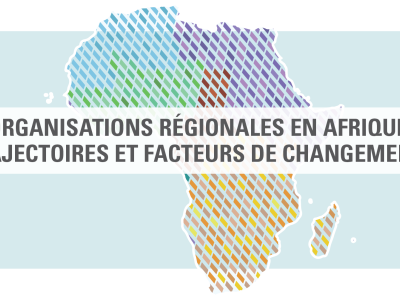
European Coordination in Multilateral Fora: The Case of the World Bank
In recent years, the leading role of the World Bank in development initiatives has been confirmed through the design of Poverty Reduction Strategy Papers (PRSPs) for the poorest countries. It has been argued that the lack of European coordination and consistency in international fora, such as in the Board of the World Bank, has affected the overall effectiveness, quality and visibility of European development cooperation. However, there is an emerging consensus among the Commission and the Member States on the need to strengthen Europe’s position as a ‘global player’ in both economic and political fields.
Against this background, the European Centre for Development Policy Management (ECDPM) decided to undertake a brief study of the challenge of European coordination in the multilateral context. This study focuses on the case of the World Bank. The process of designing policy initiatives for developing countries involves dynamic interactions between Brussels, Washington, and European capitals. Despite the existence of various mechanisms of interaction and joint initiatives, why do European approaches to the Bank, especially within the Board, appear to be so uncoordinated and incoherent?
Photo by Bruno Sanchez-Andrade Nuño (See license)


